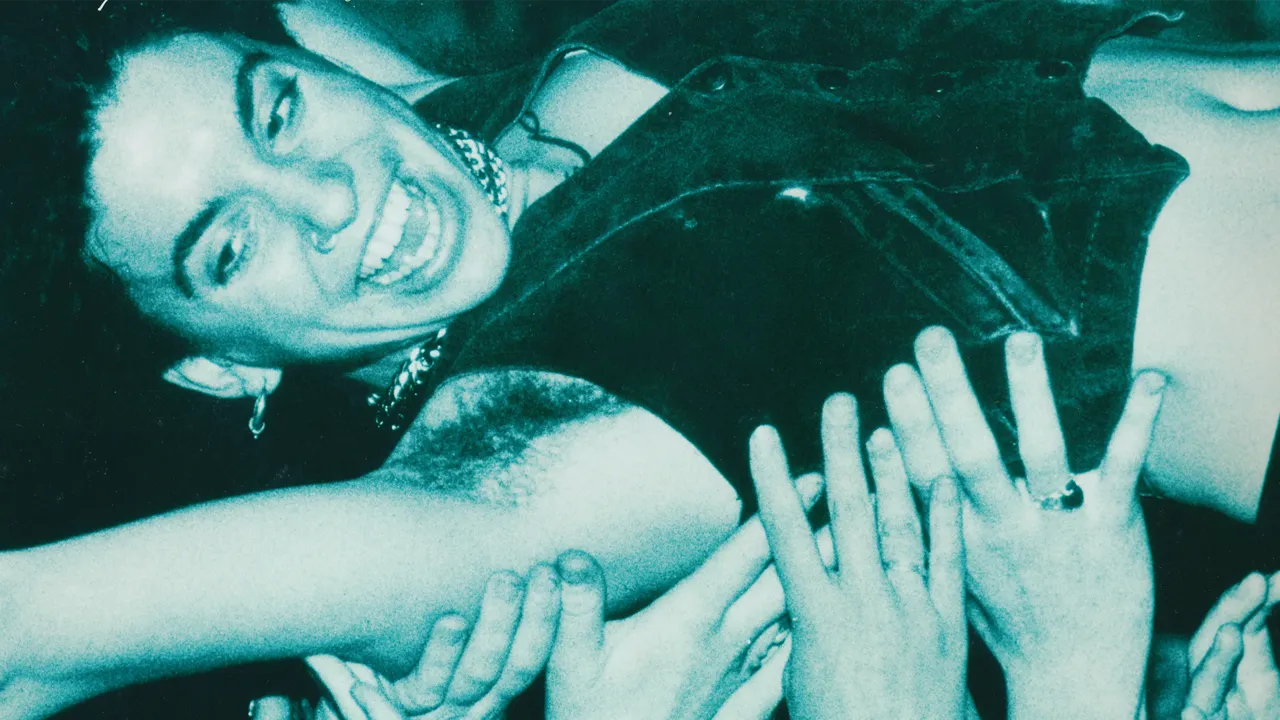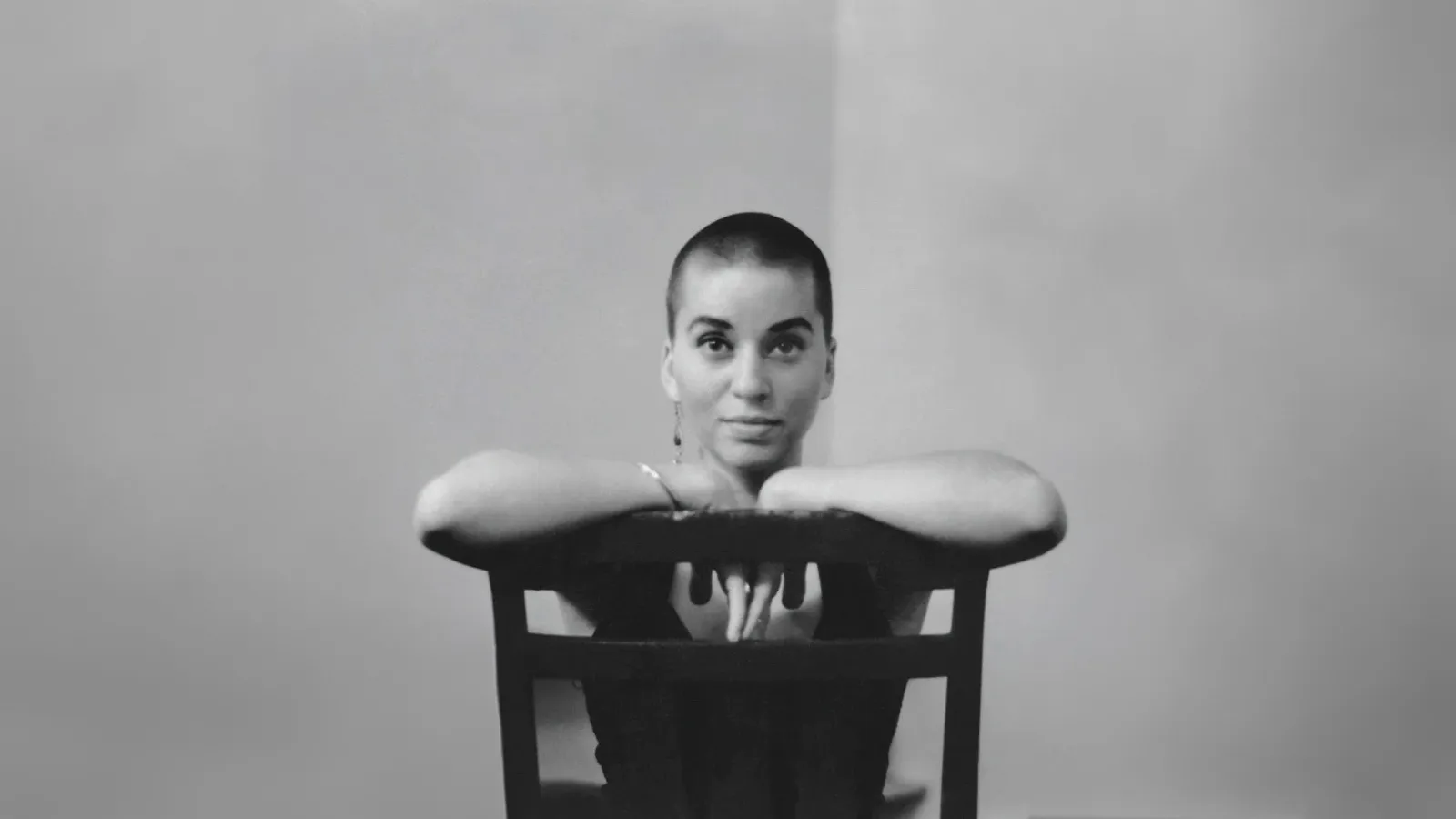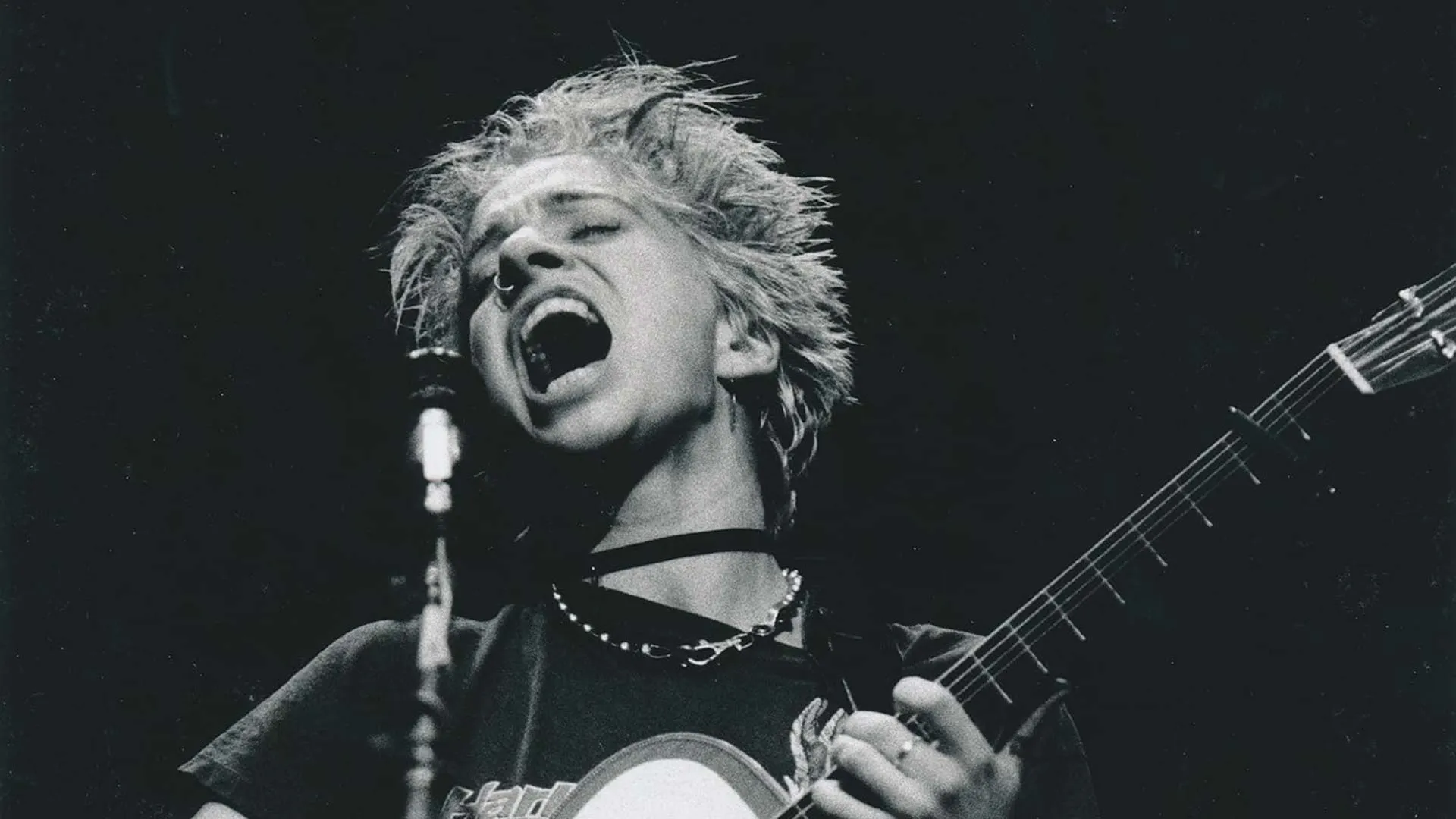Ani DiFranco burst onto the folk scene in the early 1990s, standing out with her raw vocals and introspective lyrics that addressed themes like feminism and social issues. Born in Buffalo, New York, DiFranco started writing and performing from a young age, rising to prominence in the local coffee shop circuit.
What truly set her apart was that at just 20 years old, she founded her own record label, Righteous Babe Records. This daring move allowed DiFranco complete creative control over her music in an era where most artists signed restrictive deals with major labels.
Through her label, DiFranco released a prolific catalog of albums that won devoted fans for their honest reflections on relationships, politics, and DiFranco’s experiences as a bisexual woman. Her candid style resonated deeply and distinguished her from other artists hesitant to break conventions.
By the mid-1990s, DiFranco had toured internationally but remained proudly independent while mainstream success eluded her. Now in her 50s, the documentary 1-800-On-Her-Own finds DiFranco reflecting on her pioneering path as an entrepreneur during the changing music industry landscape and recording her 2021 album during the isolation of COVID-19 lockdowns.
Documenting a Pioneering Spirit
Ani DiFranco didn’t follow the traditional path when she burst onto the music scene in the early 1990s. Performing gritty folk music inspired by her experiences, she stood out from mainstream artists hesitant to address important issues. Still a teenager, Ani founded her own record label, Righteous Babe Records. This daring move gave her full independence in a time where most musicians signed restrictive deals, handing power to labels.
Through Righteous Babe’s honest lyrics discussing feminism, social justice, and sexuality resonated strongly. From her local roots in Buffalo performing in cafes, she climbed to prominence on the New York folk scene. Ani fearlessly spoke her mind, addressing topics like bisexuality and reproductive rights that challenged expectations. She sang about navigating the world as a young woman trying to find her voice.
By the mid-1990s, Ani toured internationally and amassed a loyal following with her raw talent and courage to break conventions. While mainstream success eluded her, Ani remained proud of retaining ownership of her art and lifestyle through her pioneering label. Righteous Babe went on to release over 20 of her albums as she wrote prolifically. Her music empowered others, influencing artists who dug her defiant spirit.
Ani’s fearless individuality inspired many, yet it also meant she never conformed to industry expectations. While streaming now shapes the business, in Ani’s heyday, indie artists could survive through CD sales and small gigs. As a rule-breaker committed to her vision, Ani DiFranco blazed a trail for other musician-entrepreneurs to follow in their own way. Her pioneering spirit left an indelible mark through two decades of music and beyond.
Breaking from Tradition
It’s no secret the music industry has changed drastically over the past few decades. Ani discusses in the film how this transformation came with serious challenges, especially for independent artists operating outside the major label system.
When Ani first started out selling CDs and playing shows at small venues, it was possible to sustain herself through those avenues alone. But in the digital age of streaming, royalty payments no longer cover the bills for smaller acts. Ani finds herself constantly touring the country out of financial necessity, though the exhausting life on the road strains her personal relationships.
Past issues with Righteous Babe management also impacted Ani’s bottom line. We learn her former label president developed expensive passions that distracted from addressing Napster’s disruptive effect on CD sales. As the industry shifted around her, Ani was left trying to steer her pioneering venture into new waters.
While streaming exposed music to wider audiences, it didn’t offer a way for creative mavericks like Ani to make a living through their art alone. Yet true to form, she refused to alter her independent spirit or sign over her ownership in pursuit of mainstream success. Instead, Ani adapted her business as best she could, though the modern realities of the business presented continuous challenges for a rule-breaker determined to do things her own way.
Tracking Her Creative Evolution
The film provides a glimpse into Ani’s songwriting journey for her 2021 album Revolutionary Love. After decades of solo work, she jumps at the chance to collaborate when invited to a songwriting retreat by Bon Iver. We see her energized, taking part in creative exercises with Justin Vernon and others.
This new approach leaves Ani eager to partner with producer Brad Cook on the album. Communications were virtual during lockdown, yet she makes an exception to work with him in person. Under Brad’s guidance, Ani makes progress in Durham over an intensive two-day session.
However, it becomes clear the artistic partnership isn’t fulfilling what each envisaged. Brad respectfully removes himself from the project, believing a different sound would better suit Ani’s vision. Faced with this creative setback, Ani assumes the producer role herself rather than compromising her authentic style.
The film trails Ani as she draws on local talent to find the right sonic direction. Fans glimpse her artistic evolution from dedicated soloist to one open to collaboration, even if the process isn’t straightforward. In the end, Ani’s decades of experience allow her to steer the work competently as a self-producer. The final album’s warm reception shows her continued ability to resonate through ever-changing artistry, both bold and true to herself.
Finding Herself Again
Being embedded in Ani’s home, the documentary offers a deeply personal look inside her world. We see tender moments she shares with her kids during lockdown, finding joy in simple family time. Ani reflects on how this gave her a perspective she treasures, though the financial pressures took their toll.
This intimate setting allows for candid reflection. Ani delves into past relationships, admitting regrets over naive business dealings in her youth. The film gives a real sense of her as a multifaceted woman—one who questions past choices but remains determined.
We also witness Ani’s self-doubt surface. Money troubles leave her disillusioned at her situation in middle age compared to ambitious dreams in her 20s. Yet performing retains passion even through difficult periods. Her music, shaped by such experiences, resonates with listeners who face similar journeys of growth.
The documentary is at its most poignant following Ani in solitude. We see her contemplating a career spanning decades through changing industries. Her pondering where the next phase may lead adds nuance beyond perceptions of her public persona.
By setting aside notions of vanity, the film brings Ani’s humanity to the foreground. Fans glean understanding of what drives her beyond just her artistic gifts. The documentary crafts an intimate and authentic portrait of an enduring figure constantly adapting to life’s curves.
Questioning the Narrative
While offering an intimate view of Ani, certain elements leave the viewer raising eyebrows. We get brief insights into her upbringing, but details feel obscured. This makes grasping her early drive difficult.
The document also teases unexplored ground in Ani’s prior statements about abusive experiences and sexuality. But does not delve deeper, ignoring a chance for raw honesty.
Their decision to gloss over hints at inconsistencies in Ani’s portrayal of herself over time proves puzzling too. From her early stance on feminism to business workings, viewers pick up on unanswered questions.
Her relationship with her label president remains shrouded, though clearly impactful. Did Flor shy away from pressing on this gray area, missing potential for realism?
By pointing out shifts in the music industry but not fully addressing counterarguments to Ani’s claims, the film risks coming across as partial. Do elements of her identity politics act more as a shield than cause?
While Ani’s charm and artistry shine through, the document falls short on investigative rigor. Fans are left wanting more contextual insight, not just glimpses of her multitudes. A lost chance to craft the complete portrait promised.
In the end, curious gaps raise inquiries over how much this “docu” serves as hagiography rather than uncompromising factual narrative. Are we being invited to question the legend’s own construction of her story?
Beyond the Boundaries
1-800-On-Her-Own offers a candid view of Ani’s artistry and private world. Fans appreciate her candor about past regrets and new creative directions. However, the documentary leaves some storylines only partially explored.
With a biography told more through hints than historical context, casual viewers emerge no better informed on Ani’s roots or pioneering early career. Gaps in addressing inconsistencies also raise eyebrows.
As an uncritical celebration, the film serves devoted followers but falls short as a newcomer’s entry point to her significance. By skirting discomfort, it misses depth.
Yet for all flaws, Ani’s vivacious character inspires. Nearly three decades on from her early fame, she continues challenging norms through self-guided evolution.
Nearing an age where less adventurous souls retire, Ani’s curiosity to creatively reimagine herself gives hope. Her future, like her past, will likely see no boundaries in exploring life’s experiences through song.
Wherever the road leads, it seems sure Ani DiFranco remains one to watch—as always, on her own terms.
The Review
1-800-On-Her-Own
While offering glimpses into Ani DiFranco's personal world, 1-800-On-Her-Own ultimately raises more questions than it answers. By avoiding a deeper examination of its subject's contradictions, the documentary fails to provide meaningful insight into her career and artistry. However, Ani's charismatic spirit still shines through as a pioneering soul unwilling to be confined by expectations.
PROS
- Provides intimate behind-the-scenes access to Ani DiFranco's creative process
- Features candid interviews showing various sides of DiFranco's personality
- Chronicles her continued music-making as an elder stateswoman of indie folk.
CONS
- Fails to adequately explore inconsistencies in DiFranco's changing narratives
- Offers little meaningful historical or biographical context for her career.
- Avoids potentially insightful examination of past controversies























































Discussion about this post